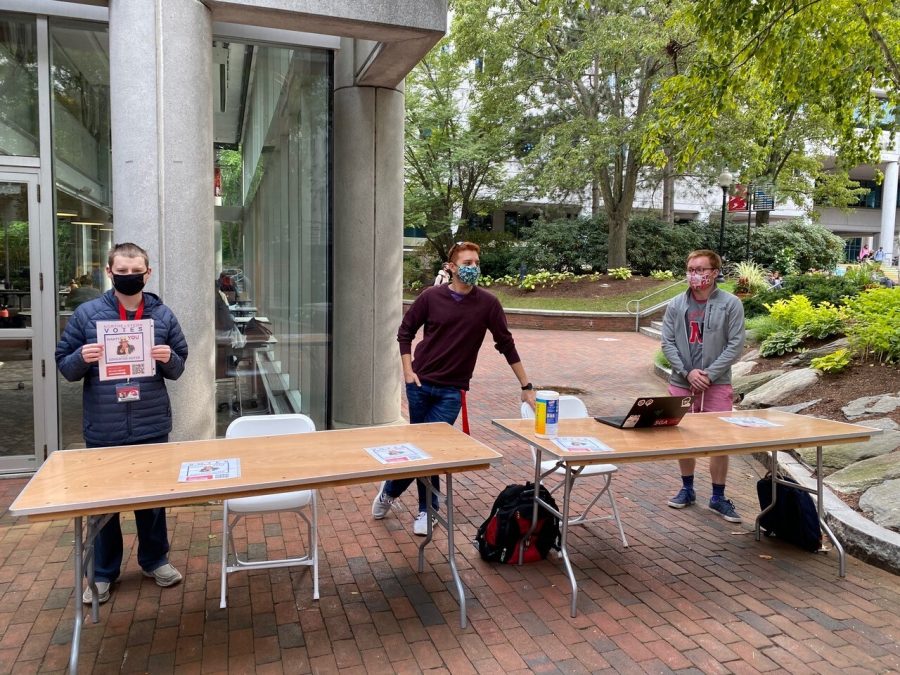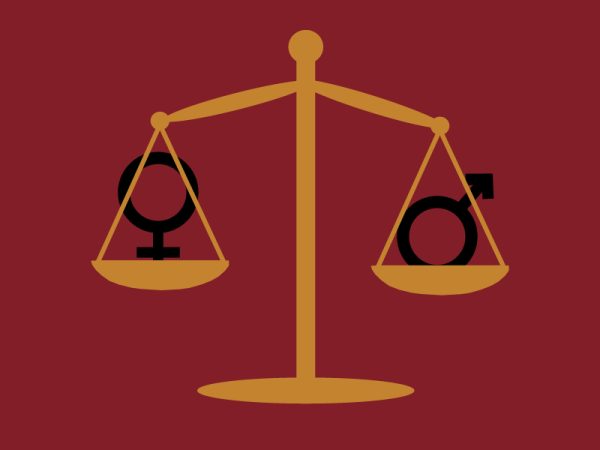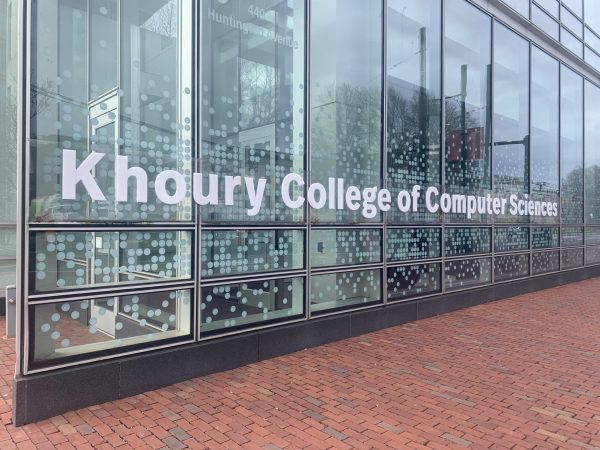Op-ed: Making Election Day a holiday will help, but we need to fight voter suppression
Northeastern Votes tables outside of Curry Student Center.
October 28, 2020
On Capitol Hill, Democrats have proposed making election day a national holiday to increase public participation. With little to no movement on this legislation in D.C., individual states and organizations have attempted to fill in the gaps. On Northeastern’s campus, a group of faculty, staff and students formed Northeastern Votes to educate the community about voting rights and civic participation while boosting the university’s voter population. Recently, students started a petition to cancel classes on Election Day and the Student Government Association proposed a resolution making the same request. It was denied.
Framing election day as a day of celebration could generate greater enthusiasm around voting while simultaneously granting a significant number of voters adequate time to go to the polls. It could snap people out of their “voter fatigue” and increase turnout. But, it would not address the real roots of the issue: voter suppression.
The problem with America’s current voting system is not that people are too fatigued to participate. Rather, it’s that federal and state politicians consistently disenfranchise Americans in the hopes of maintaining power and resisting change. This is not a new phenomenon either — it has been an overarching theme in American politics since the Founding Fathers first put pen to paper and it won’t be changed simply by creating a new holiday.
In the beginning of our democracy, the Founding Fathers feared that a large voting population caught up in ideological fervor would steer the country toward destruction. This fear was worsened by the belief that the general voting public would never be educated enough to vote with the country’s best interests in mind. For a government supposedly by the people and for the people, there was little trust in voters. So, they created the Electoral College to mitigate this fear.
Within the system, each state has a set number of delegates based on the state’s population, and the candidate who wins the most districts in a state wins all of these delegate votes. It is these votes that are the actual deciders of the election. The delegates act as the mediators between the supposed “uneducated mob” and the “enlightened government,” as part of a system where votes can be weighed and distributed to create a desired outcome. Initially, this allowed the Southern states to count enslaved peoples as three-fifths of a person without giving them the right to vote. The expansion of suffrage in the coming centuries only increased the threat to existing political power structures as more Americans demanded change.
In the 1860s, it took a civil war, the first presidential impeachment and endless political compromises to even grant Black Americans the right to be free citizens with voting power. Yet not even three constitutional amendments could guarantee that Black men could vote. They faced countless political and physical voter suppression tactics, such as poll taxes, literacy tests, intimidation and lynching. Even when the federal government was aware of these heinous crimes, many ex-Confederates in Congress unsurprisingly acted slowly to create legislation, which became practically useless once made into law. Every time a new law was passed, states would find more ways to keep Black men from the polls. At the same time, women’s suffrage was barely considered, with the amendments specifying citizens — or rather, men — the right to vote.
Another century would have to pass and thousands of lives would be lost before the Voting Rights Act was passed in 1965. While it would be foolish to ignore the tremendous impact of this act, it would also be foolish to ignore its limitations and eventual end. The first major limitation was that the law would have to be renewed every five years by Congress, giving ample opportunities to make changes. The second limitation was created in 2013. The Supreme Court declared that nine states would no longer have to receive federal approval before making changes to voting laws, polling locations and districts. It gutted the act. Voter suppression occurred before this Supreme Court decision, but now there were even fewer ways in which people could fight back.
Since the court’s decision, politicians have publicly enacted damaging changes to voter laws ostensibly to create free, fair and safe elections. While this sounds like a worthy aim, in the end they clearly disenfranchise citizens, especially poor Black, Indigenous and people of color. Restrictive voter ID and registration laws, roll purges, gerrymandering and the removal of voting rights for felons have made it increasingly difficult for any real change to be made. The people hurt most by the system no longer have a way to participate in government.
It is good to emphasize the importance of voting and to increase voter turnout, but both matters do not compare in importance to the issue of ending voter suppression. For there to be any real change, we must empower and lift up the voices of the oppressed both inside and outside of government. This cannot be done by simply giving some people a day off in early November.
Perhaps achieving complete voter equality is impossible within our current electoral structure, since the foundations were built on controlling voter populations. However, we must still fight for it. For now, we should unofficially celebrate Election Day in the hopes that it will be recognized in the near future, but let us not lose sight of the long road ahead to create a truly free and fair election.
George LaBour is a fourth-year economics and history combined major. He can be reached at [email protected].


















